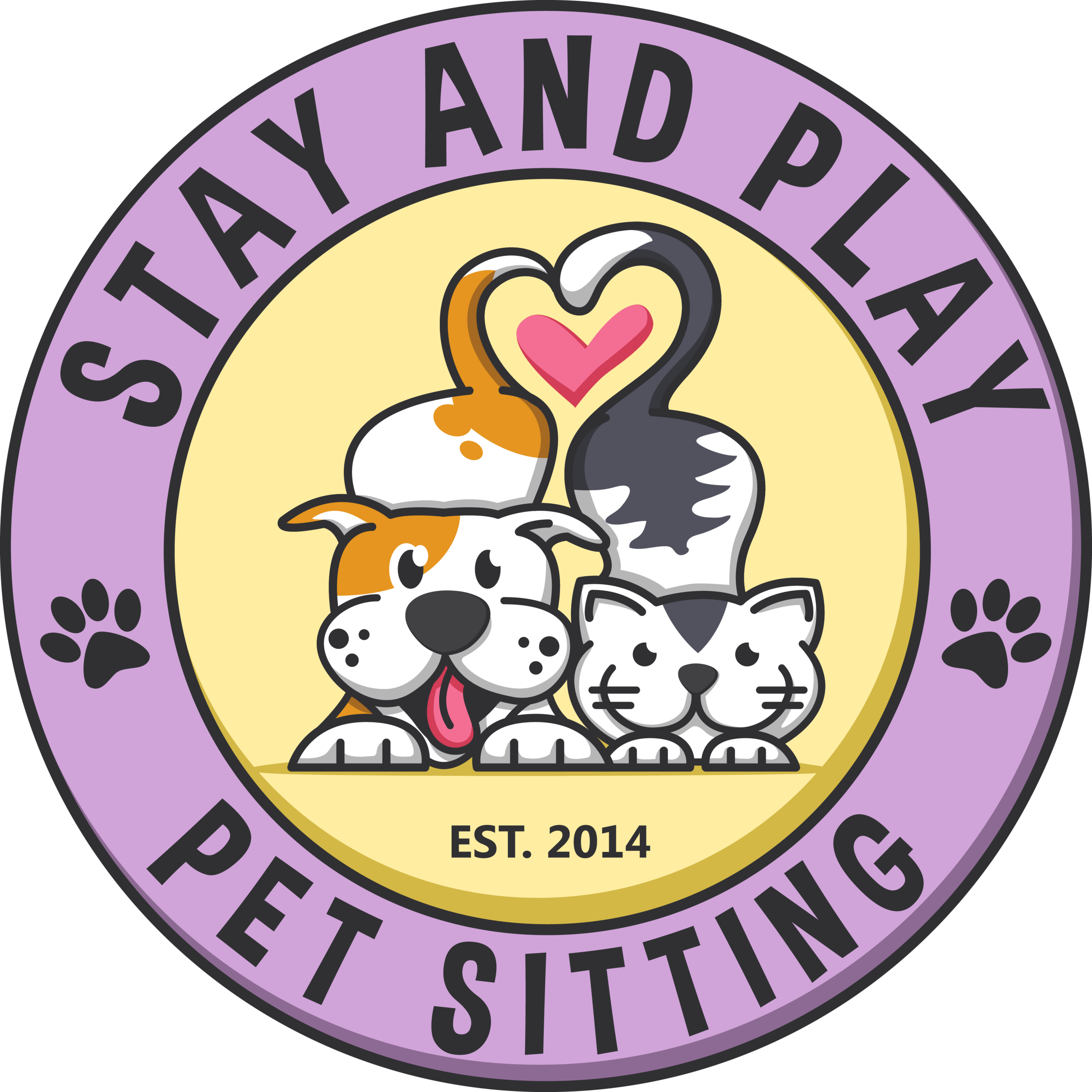The Forbidden Feast: People Food to Avoid Giving to Your Furry Friends.
What’s a little chicken? Maybe, a piece of cheese? How about a little milk over dry food? As pet owners, we naturally want to spoil our pets and sneak them treats we think they would like. The truth is, common things we love can be harmful and even deadly to our pets. The most common food allergens include wheat, dairy, beef, egg, chicken, lamb, soy and pork. Our pets can have allergies just like us, some more serious than others. It’s best to leave our human food on the table, our pets out of the kitchen, and keep our furry friend’s best interest in mind. Here’s some food for thought on what to keep away from your drool-filled pal:
What’s the quickest way to a girl's heart but the worst thing for your pet?
CHOCOLATE.
The darker it is the more dangerous it is, including an ingredient called theobromine (a bit like caffeine), which dogs aren’t able to break down, or metabolize, which mainly affects a dog’s guts, heart, central nervous system and kidneys.
Your pet may be sweet but s/he doesn’t need any sweetener!
Artificial sweeteners such as Xylitol (often found in sugar-free candy & gum) can cause hypoglycemia (low blood sugar), seizures, liver failure or even death.
This old man, he plays one. He plays knick knack on my thumb. With a knick knack, paddy wack, DON’T throw the dog a bone, or raw and cooked meat for that matter!
Bones from meat can splinter and tear a dog’s internal organs.
Raw meat can be digested by dogs, but has the risk of containing bacteria like salmonella and listeria.
Fat from meat can cause pancreatitis.
Liver (3 servings per week) can lead to vitamin A toxicity.
Another favorite of ours, ham and bacon contain too much fat and salt, and can cause pancreatitis.
Who doesn’t like to have a drink with their best friend once in a while? Whatever you do, don’t cheers your dog with these.
Even a little bit of hard liquor can produce alcohol poisoning. When a dog is exposed to alcohol it depresses their central nervous system therefore making the dog drowsy, acting uncoordinated and is less responsive to what is going on around them.
Caffeinated drinks (coffee, coffee grounds, tea, or tea bags) stimulate the central nervous and cardiac systems, and can cause vomiting, restlessness, heart palpitations, and even death within hours.
Dairy Products are high in fat, which can cause pancreatitis, gas and diarrhea.
An apple a day may keep the doctor away from humans, but fruits are a dangerous culprit to your pets health!
Fruit pits - Apple seeds, cherry pits, peach pits, pear pits, plums pits, and apricot pits all contain cyanide, which is poisonous.
Grapes and raisins can cause the animal to develop acute kidney injury.
Unripe tomatoes contain an alkaloid called solanine, which can be fatal to dogs.
If you think avocado may cause your meal to be expensive think about the vet bill it can cause. It can cause vomiting, diarrhea, and myocardial damage. Avocado flesh is high fat content can lead to gastrointestinal upset and pancreatitis and because it’s calorie-dense, it can also lead to weight gain.
Spice up your life but keep your pet out of it!
The spice nutmeg can cause tremors, seizures and death.
Salt- too much salt can cause kidney problems.
Allium family of plants which includes garlic, onion, chives, and leeks can cause problems.
Baby food with onion or garlic powder is a no-no.
Health benefits for humans doesn’t mean healthy for your pet. All health nuts suggest these to be in your diet, but it’s best to keep them to yourself!
Spinach is high in oxalic acid, which blocks the body’s ability to absorb calcium. long-term consumption can cause kidney stress, muscle weakness, abnormal heart rhythms, and even respiratory paralysis.
High Fat Nuts such as macadamia and black walnuts can cause vomiting and diarrhea.
Wheat may be fine but bread dough consumes the already activated yeast, which continue to flourish in the animal's warm, moist stomach causing extreme bloating. The gas created by yeast remains stuck in the dog’s stomach.
Although our intentions may be good when it comes to spoiling our pets, it may be the worst thing for them. Instead of throwing down a piece of people food, give a good belly scratch, take them for an extra long walk, or buy a new chew toy. The best choice as a pet owner is to leave human food off the menu. If you believe your pet consumed something from this article, you should seek veterinary care or call ASPCA Animal Poison Control Center (888) 426- 4435 immediately.




